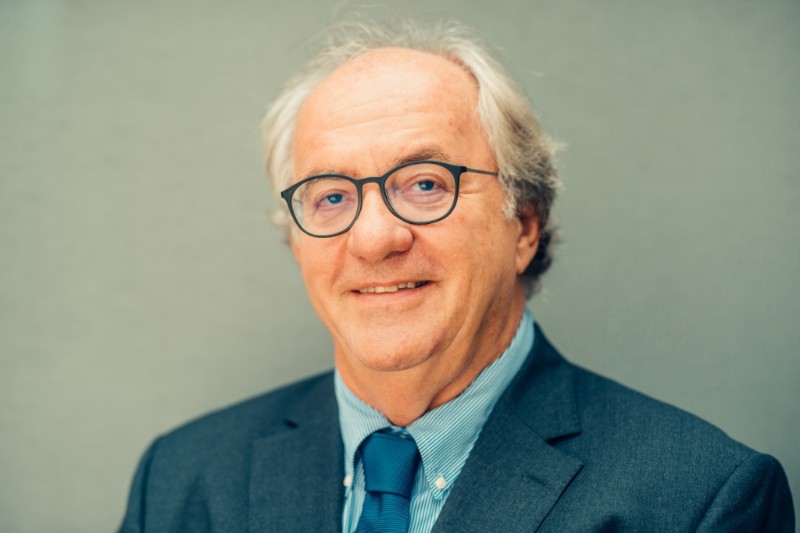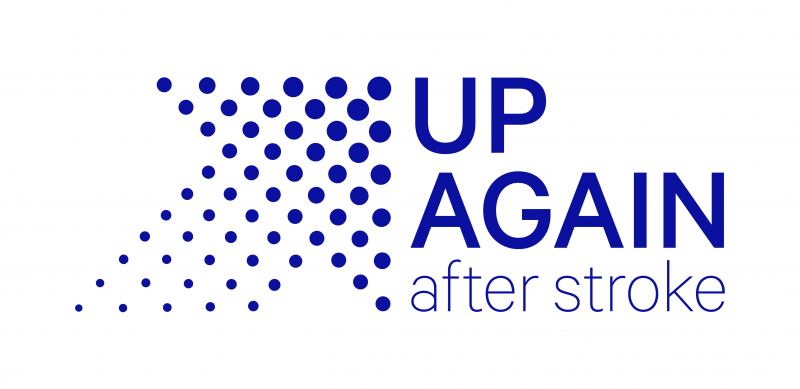This article was provided by World Stroke Organisation
Today on World Stroke Day, October 29th the World Stroke Organization, is calling for urgent action and investment to address the growing burden of stroke and circulatory diseases globally.

Prof Michail Brainin
Photo credit WSO
Highlighting the disappointing outcome of the recent UN High Level Meeting on Non-Communicable Diseases (NCDs) the WSO President, Prof Michael Brainin said, ‘We know that we 80% of strokes could be prevented by addressing a small number of risk factors, including hypertension, diet, smoking and lack of exercise. We also know that action on prevention would also contribute to a massive scale reduction in heart disease, cancer and diabetes.’
‘The impact of stroke on individuals, families and society as a whole is devastating. Stroke survivors can face significant impairment of movement, speech, cognition alongside debilitating psychological, social and financial problems.
‘With this knowledge, the current lack of political will and investment is cannot be easily comprehended, especially when you consider the cost of such inaction. While 5.5 million people die as a result of stroke each year, there are 80m stroke survivors in the world, many of whom live with some form of disability or impairment. While the costs to individuals is incalculable, the cost to society is astronomical.’
A recent policy document ‘Driving Sustainable Action for Circulatory Health’ published by the WSO and its partners in the Global Coalition for Circulatory Health, has calculated the global cost of circulatory diseases, including stroke, at US$957 Billion in 2015. On current projections this figure is set to rise to US$1044 Billion by 2030. The white paper sets out four key areas for action that, if enacted, would ensure delivery of global goals on disease reduction which are driving the rise in direct and indirect costs of NCDs. These include legislative interventions that:
1. Deliver policies and programmes to address tobacco, alcohol and unhealthy foods, promote clean air and deliver a built environment that fosters safe physical activity.
2. Ensure access to affordable, quality-assured essential medicines, delivered by adequately trained staff, including access to multi-therapy treatments.
3. Mobilise sufficient resources to combat non-communicable diseases including stroke. The taxation of unhealthy products such as alcohol, tobacco, unhealthy foods and non-alcoholic beverages (such as sugar-sweetened beverages) would generate revenues that could be directed to further prevention and control of circulatory diseases at global and national levels.
4. Put in place reliable, simple, and fit-for- purpose surveillance systems for monitoring the burden of stroke and the prevalence of NCD risk factors and treatment of stroke at national and global levels.
Prof Brainin concluded ‘At the recent UN High Level Meeting on NCDs in New York, governments delivered a weak response to a global crisis and agreed to wait 7 years before reviewing progress. In that time another 38.5 million people will die of stroke. We can’t wait until 2025 to calculate our losses, we need strong leadership and bold action to save lives now.’





